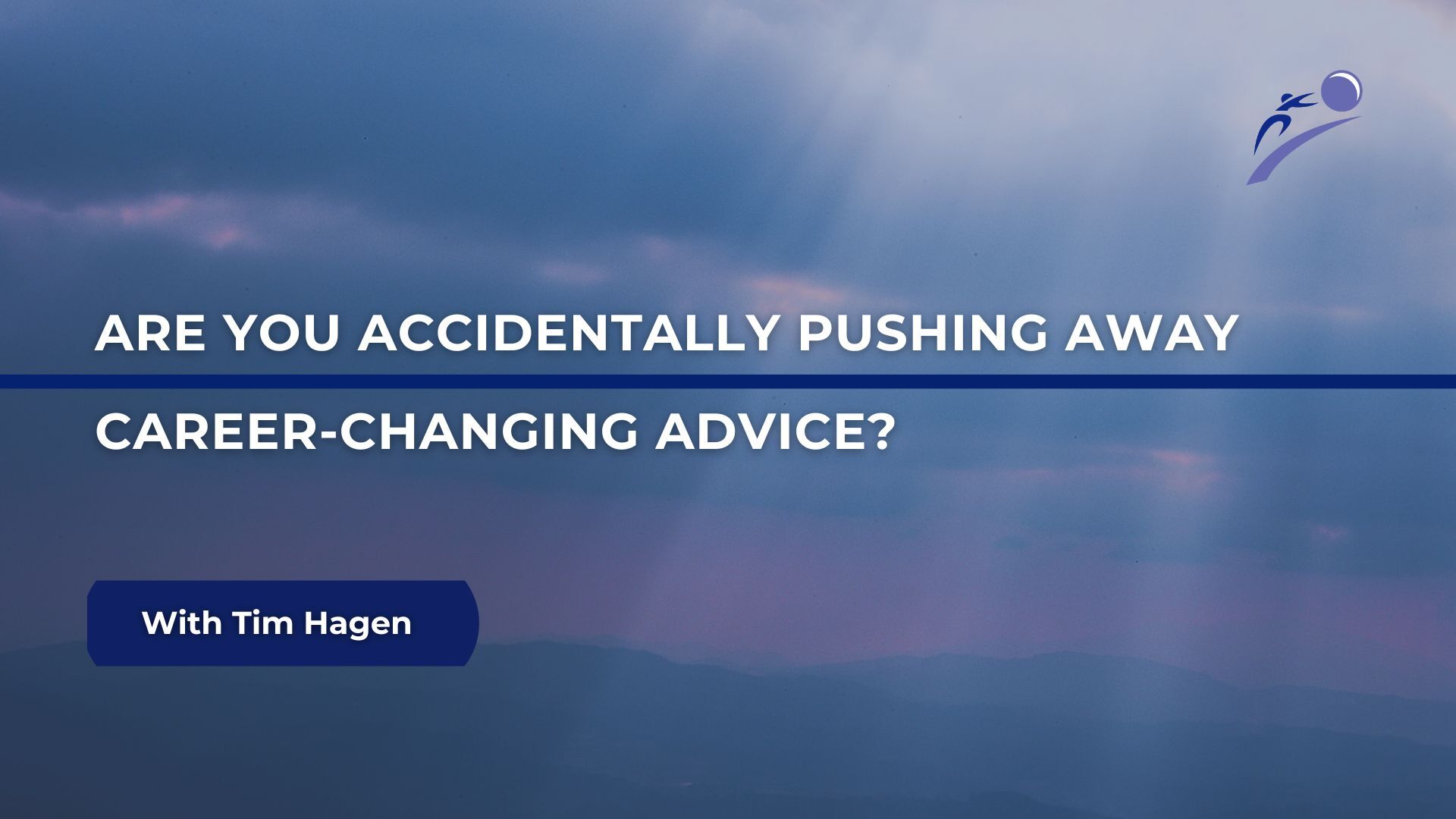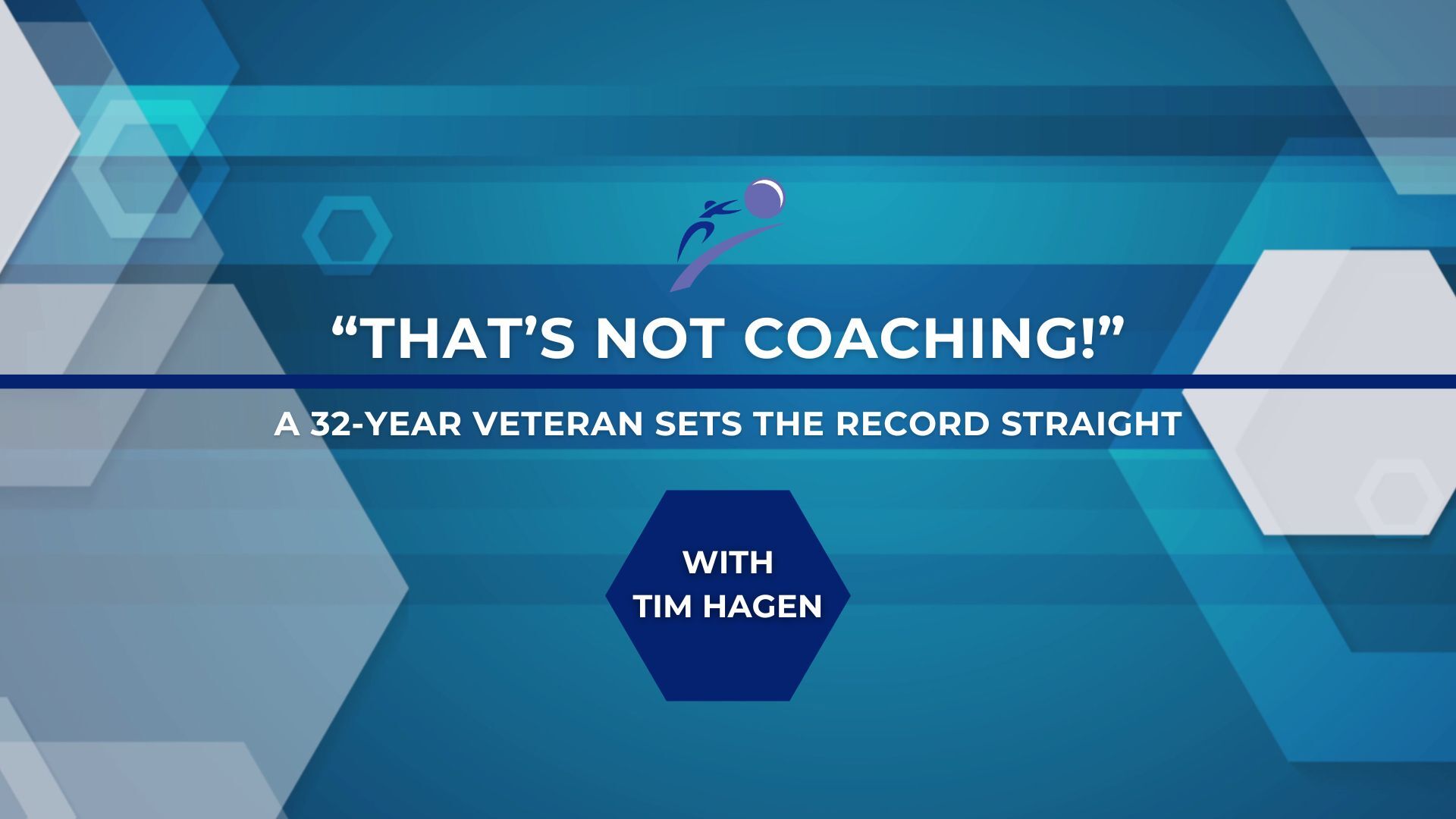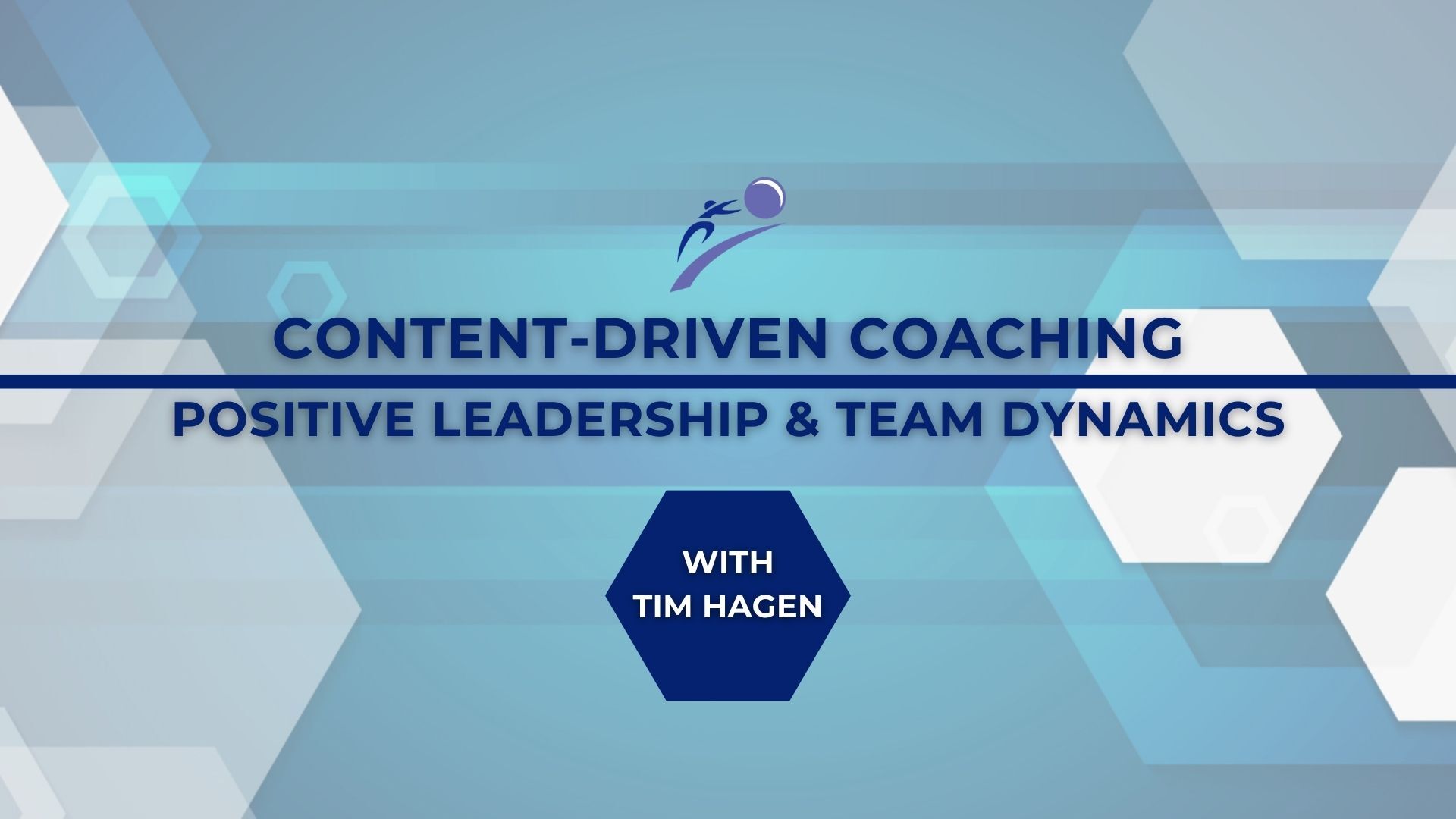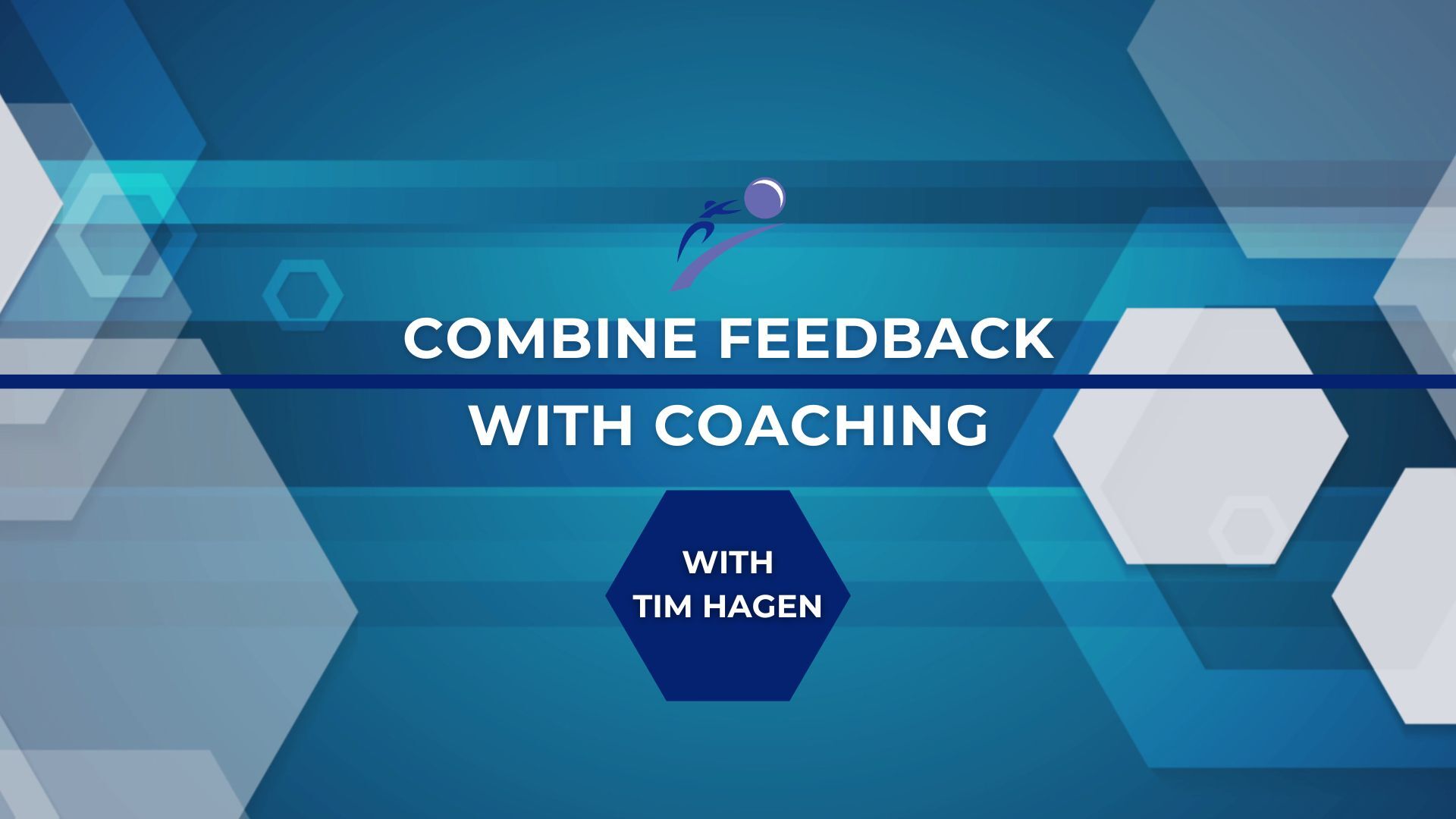Are you ready to eat? Specifically, are you ready to EAT feedback?
When I think about EAT feedback, it's an acronym and a methodology that we teach people who want to become approachable and coachable, both individual contributors and leaders.
EMBRACE
ASK
TELL
I think one of the most powerful things we can do to give our leader, our peers, and our mentees is the power of approachability and coachability. We don't talk about this as often and we certainly don't teach it in most of our school systems.
Our reaction to feedback speaks to our character. It speaks to our communication. It speaks to our ability to confront or be confronted, and our ability to be collaborated with.
If we are always rebutting feedback such as "Give me one example of where I XYZ..." and then we explain it away or say they're wrong or give excuses, what we're really doing is cutting ourselves off at our knees. We may not intend this, but we are sending a message to the other person to get away from you. We are pushing them away. Even if their intention was to truly help us.
If I fold my arms and roll my eyes, I am telling that person to not ever give me feedback again. It's not fun or exciting; it's very uncomfortable for most people.
That's why we have to practice getting feedback. In just 30 days, you will exponentially differentiate yourself from others. How do you do that? You EAT feedback.
Embrace. Ask. Tell.
If someone comes up to me and says, "When you were giving your presentation, you spoke really fast," (and I do, by the way, and I constantly work on it). During my presentations, I intentionally ask people to give me feedback, even if only a hand signal to slow down, and then I'll take a deep breath. But when someone gives me feedback and I ask for that feedback and say, well, no, I had a lot of content to cover, I'm basically saying don't give me feedback. Yet I invited it. When you put your hand out with a gift of feedback and I respond that negative way, I'm slapping my own hand in the process.
We often hear the feedback is a gift. Honestly, feedback really sucks at times because nobody is conditioned to hear things about themselves that they don't like. We have to reframe our relationship with it.
#1: Feedback is perspective. It is not always cloaked in accuracy. It does not mean we dismiss it.
#2: We typically accept or not accept feedback based on agreement or disagreement.
If somebody says to me I didn't cover a particular subject well and I start to defend it, I've cut myself off from clarity. When we're in the moment of getting feedback we don't like to hear, we're often not rational or logical. Instead, we are most often emotional, take things out of context, and then we feel defensive.
How do you combat that? You EAT it.
Here's what the can look like.
Susie: "Tim, you're talking too fast."
Embrace it.
Tim: "Thanks for the feedback. Let me ask this. What specific suggestions would you give me?"
Susie: "Take a break and slow down."
Tim: "That's a great suggestion. I'll do that. I'll also put a note up here to remind myself to take a breath during pauses."
I embraced the comment first by thanking them. Then I asked them for suggestions on how to meet their needs. Then I told them what I was going to do with that feedback.
Guess what just happened? People are now more willing to give me feedback than someone who rebuts, fights, or resists feedback. It's human nature. You're going to gravitate to the people who are accepting. You're not going to gravitate to the people who are not accepting.
If you really want to become great and differentiate yourself in just 30 days, go up to friends, peers, subordinates, upper level managers, and certainly your boss and ask for feedback. Here's how you do it.
What are two things I'm doing really, really well?
What's that one area where you would encourage me to improve?
It doesn't have to be cloaked in constructive feedback, when you've done something wrong or a mistake has happened. Go ask for feedback before any of that happens. When they're finished giving you their perspective, you EAT the feedback. You embrace, ask and tell.
You'll notice a huge difference within 30 days.
Check out the Approachability & Coachability Series from Progress Coaching.
Bi-monthly webinars and workshops on improving someone's ability to be approachable and therefore coachable to elevate their career trajectory. These workshops include engaging activities, such as interactive games via the Kahoot platform. Each session ends with a simple and quick post-learning assessment that provides you and your supervisor with a summary of key takeaways to help promote accountability and real learning retention.
Check out this upcoming month's workplace topics here and join us!





